108 Glen Osmond Road, Parkside
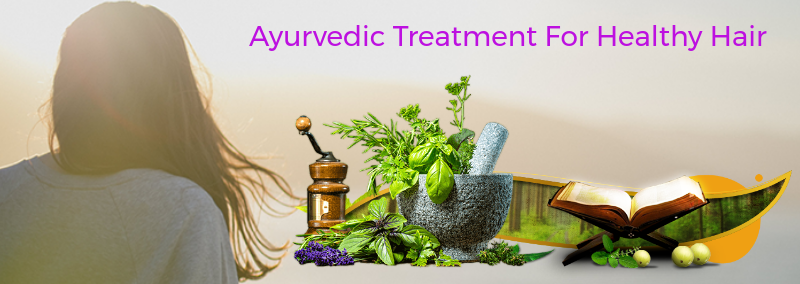
Hair loss, also known as Alopecia or Baldness, refers to hair loss from part of the head or body. Typically, at least the head is involved. The severity of hair loss can vary from a small area to the entire body.
Types of Hair Loss:
Hair loss or thinning of hair will affect most of us at some point in our lives. Identifying your type of hair loss will help you understand it and find the best way to treat it. Here are the most common types of hair loss.
:max_bytes(150000):strip_icc()/GettyImages-6537787841-79f66f36d2064896901d20e4a1e23650.jpg)

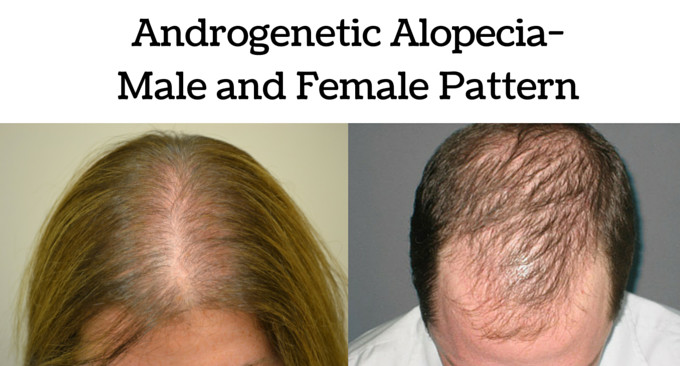

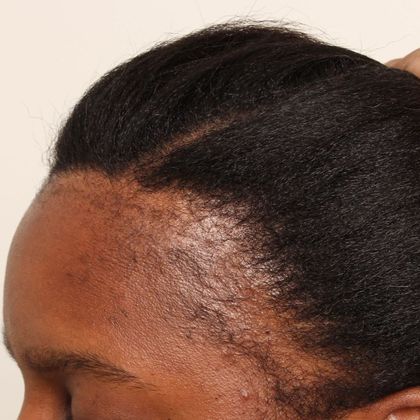
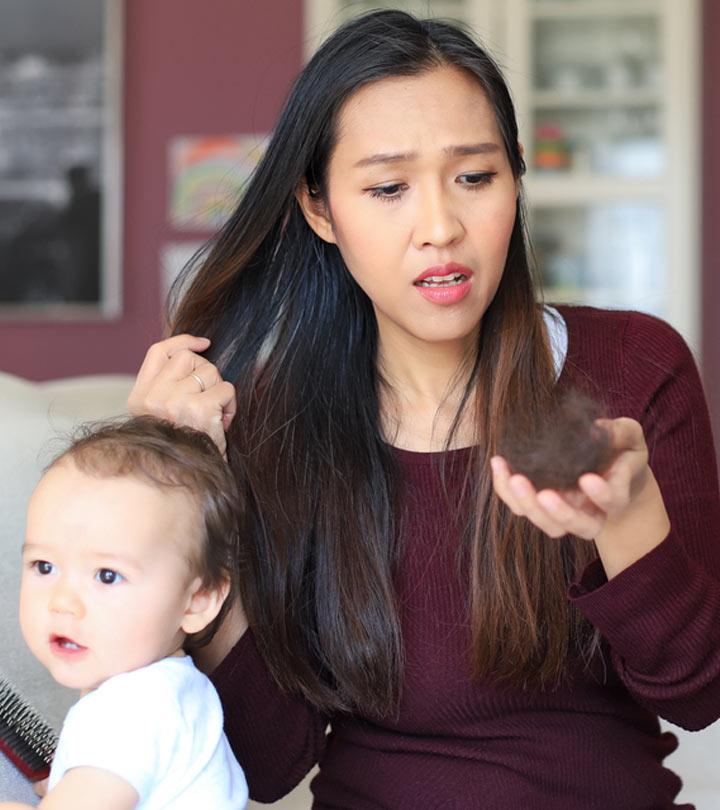
2. Trichotillomania: a psychological impulse control disorder causing the individual to pull out hair.

Ayurvedic View:
Ayurveda believes that hair loss is caused by too much" Pitta Dosha" in the body. They also believe that hair (called Kesha in Ayurveda) is a by-product (mala) of bone formation (Asthi Dhatu) or is produced as a breakdown of bone tissue. The metabolism of this tissue is dependent on 'digestive fire', which must be balanced. An increase of pitta dosha causes an imbalance, which triggers hair problems.
Certain foods and habits are believed to cause this imbalance and which may ultimately lead to hair loss; these include:
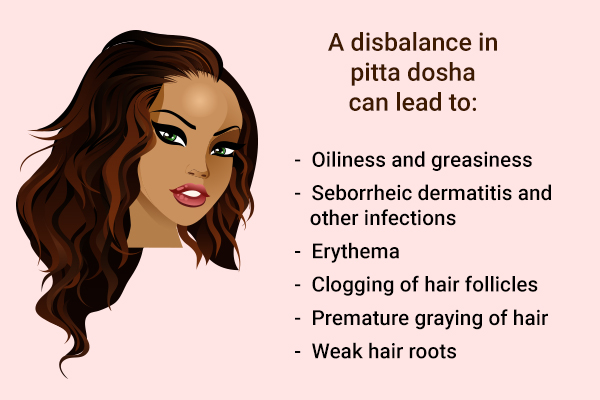
As Ayurveda says, hair (kesha) is the byproduct (mala) of bone tissue (Asthi Dhatu), so the line of treatment in hair loss involves nourishment of bone tissue, giving rise to good hair growth. For good bone tissue nourishment, overall nourishment of other tissues is necessary. Overall nourishment of body tissues is achieved by Rasayana therapy. This is achieved by Panchakarma procedures (like Shiro abhyanga and Shirodhara) followed by the administration of Rasayana medicines, especially when the cause of hair loss is hereditary.
Herbs and herbal formulations used are:
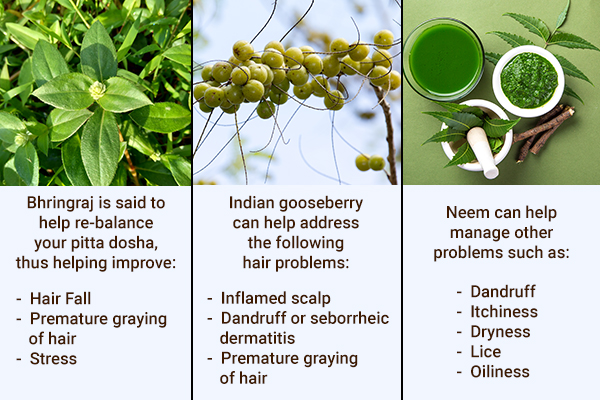
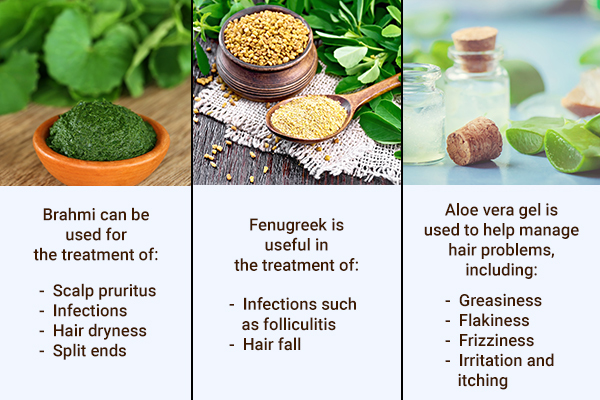
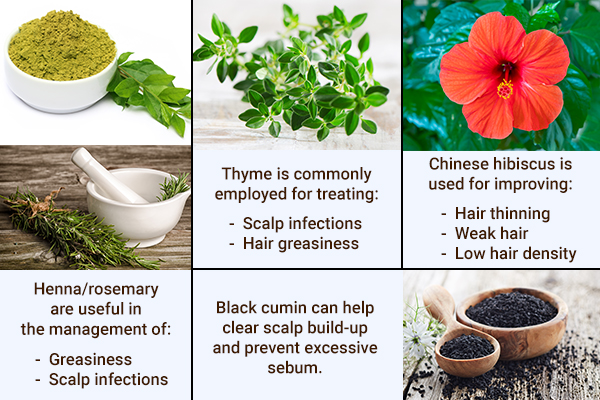
So if you are suffering from hair loss, contact expert Ayurvedic Doctors at Life Line Ayurvedic Herbal Clinic to find out the cause of your disease through our special Hair and Scalp Analysis and get help with the best Ayurvedic natural treatments in Australia.
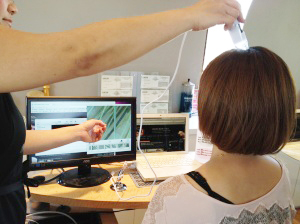
Disclaimer : Sandeep Kumar and Anupam Vasudeva are not GP, they have Ayurveda medical degree from India where it is considered equal to any other medical degree. This qualification is recognized in Australia by vetassess governing body as Complementary Health Therapists. Life Line Ayurvedic Herbal Clinic does not claim to cure a disease or terminal illness and does not create any unreasonable expectation of beneficial treatment. Ayurvedic medicines and treatments are generally considered to be safe but rarely may be associated with possible adverse reactions in individual cases. We recommend seeking urgent medical attention in the case of an adverse reaction. This website provides you with information. You must contact your Ayurvedic or another health professional before you apply them. Read More